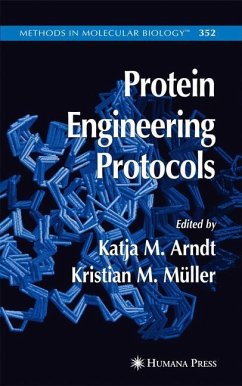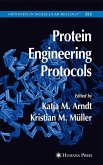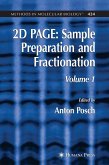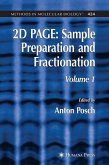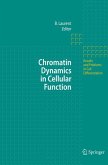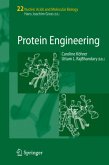Protein engineering is a fascinating mixture of molecular biology, protein structure analysis, computation, and biochemistry, with the goal of developing useful or valuable proteins. Protein Engineering Protocols will consider the two general, but not mutually exclusive, strategies for protein engineering. The first is known as rational design, in which the scientist uses detailed knowledge of the structure and function of the protein to make desired changes. The s- ond strategy is known as directed evolution. In this case, random mutagenesis is applied to a protein, and selection or screening is used to pick out variants that have the desired qualities. By several rounds of mutation and selection, this method mimics natural evolution. An additional technique known as DNA shuffling mixes and matches pieces of successful variants to produce better results. This process mimics recombination that occurs naturally during sexual reproduction. The first section of Protein Engineering Protocols describes rational p- tein design strategies, including computational methods, the use of non-natural amino acids to expand the biological alphabet, as well as impressive examples for the generation of proteins with novel characteristics. Although procedures for the introduction of mutations have become routine, predicting and und- standing the effects of these mutations can be very challenging and requires profound knowledge of the system as well as protein structures in general.
From the reviews:
"Whether the research in your laboratory focuses on protein engineering or you wish to adopt a method for engineering a protein of interest, you will find this book, with it up-to-date stepwise protocols and experimentally oriented language, well suited to these goals." -Quarterly Review of Biology
"The chapters of Protein Engineering Protocols have been written by researchers with years of practical experience at the bench. It represents a methodological 'cook-book' of high quality. The diverse topics are well written and covered in an up-to-date manner. This makes it a bench-top handbook indispensable for all scientists who either work directly in protein engineering and design or use the described approaches of this field for their own research." (Nediljko Budisa, ChemBioChem, Vol. 8, 2007)
"Whether the research in your laboratory focuses on protein engineering or you wish to adopt a method for engineering a protein of interest, you will find this book, with it up-to-date stepwise protocols and experimentally oriented language, well suited to these goals." -Quarterly Review of Biology
"The chapters of Protein Engineering Protocols have been written by researchers with years of practical experience at the bench. It represents a methodological 'cook-book' of high quality. The diverse topics are well written and covered in an up-to-date manner. This makes it a bench-top handbook indispensable for all scientists who either work directly in protein engineering and design or use the described approaches of this field for their own research." (Nediljko Budisa, ChemBioChem, Vol. 8, 2007)

